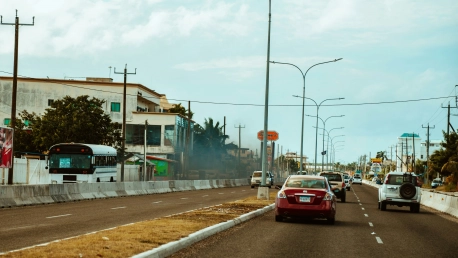The U.S. Department of Energy (DOE) has launched an initiative poised to catalyze the transition towards net-zero emissions in the off-road transportation sector. As transportation accounts for 10% of national greenhouse gas emissions, this initiative is a critical piece in the overarching puzzle of climate change mitigation. The DOE’s Request for Information (RFI) reflects a meticulous approach to understanding the landscape of off-road vehicles, encompassing those used in agriculture, construction, mining, and even in recreational activities. By soliciting stakeholder insight about diverse propulsion technologies, the DOE aims to delineate a comprehensive strategy that aligns with the national decarbonization blueprint.
Strategic Inquiry and Knowledge Gathering
Stakeholders are now being invited to share their expertise on sustainable propulsion technologies like biodiesel, renewable natural gas, battery electric, and hydrogen fuel cells. The DOE’s inquiry taps into the current makeup of the off-road vehicle fleet, probing into the suitability and readiness of various powertrain technologies for a greener overhaul. This process shapes a vision that could redefine how the nation’s heavy machinery and specialized vehicles power through work while minimizing their carbon footprint. The RFI calls for an understanding of timelines and technological feasibility, signaling the DOE’s commitment to assessing and then streamlining the shift to net-zero emissions.
Crafting a Grounded Decarbonization Pathway
The U.S. Department of Energy is spearheading an initiative focused on reducing emissions within the off-road transportation sector, a significant source of national greenhouse gases. This effort is integral to combating climate change. The DOE has issued a Request for Information to gather insights on off-road vehicles, which includes farm equipment, construction machinery, mining conveyances, and even recreational vehicles. This outreach is aimed at understanding the various propulsion technologies in play and shaping a detailed plan that will contribute to the country’s goals for a net-zero future. Engaging with stakeholders in this way is a step towards developing a targeted strategy that supports the transition to cleaner energy across diverse transportation modes outside of public roads.









